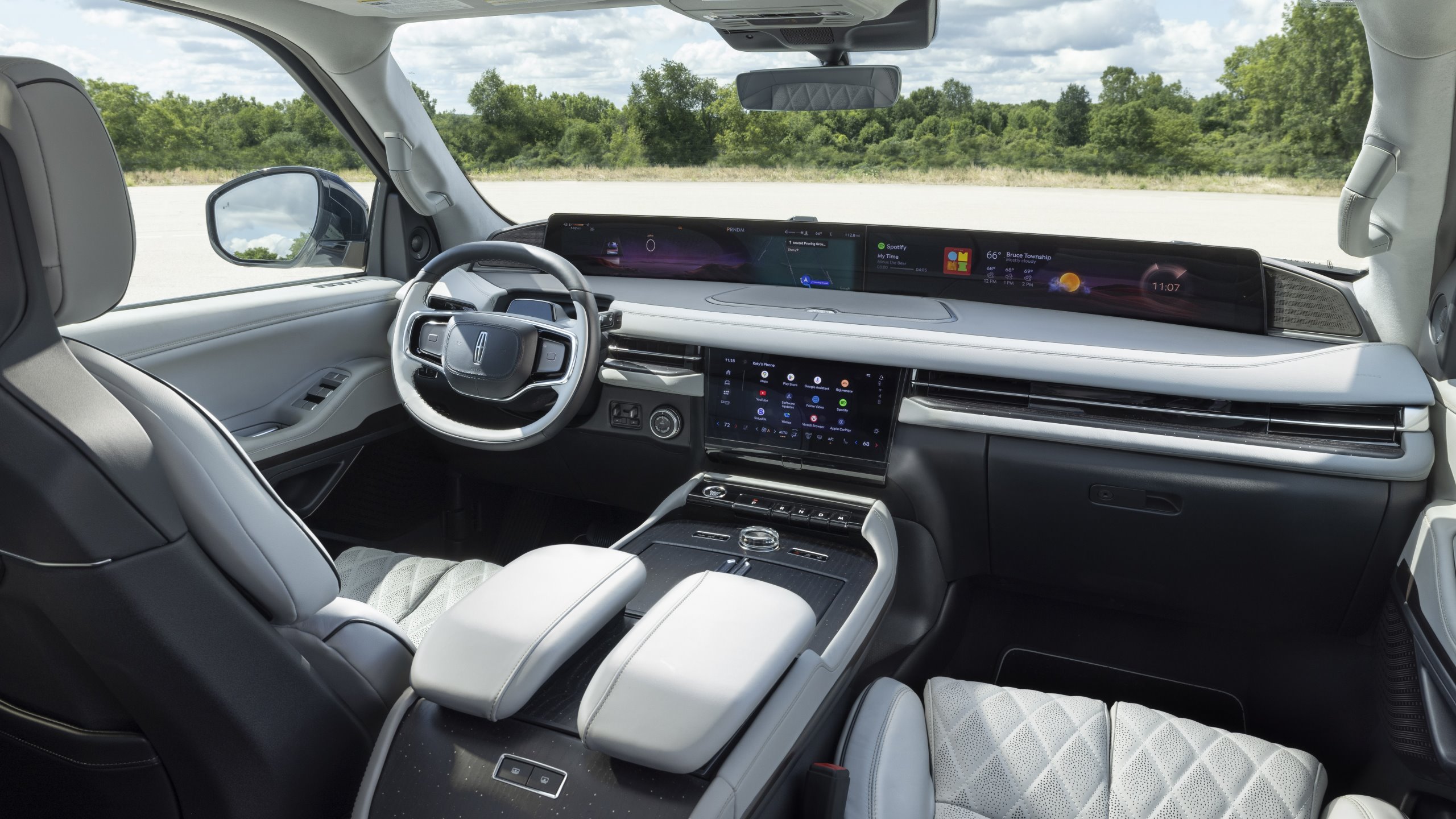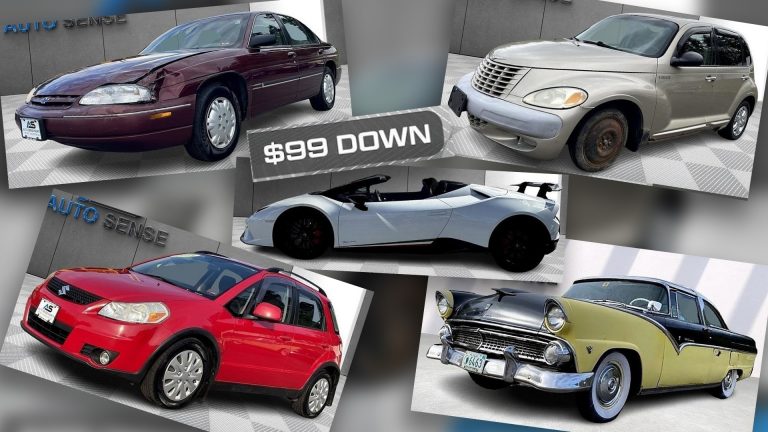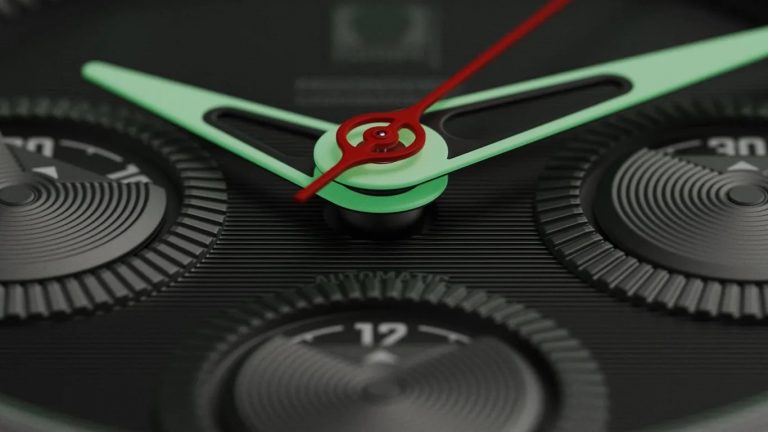Individuals Assume Passenger Screens in Automobiles Are Ineffective

J.D. Energy, a—if not the—chief in shopper product surveys and market information, has launched the outcomes of a research that targeted on in-car expertise’s consumer expertise (UX). The brand new information paints a well-known image of which tech options automobile house owners like and don’t like. Trace: gesture management and passenger screens are nonetheless silly.
The 2024 U.S. Tech Expertise Index (TXI) Research, which focuses on the consumer expertise (UX) with new automobile tech, was carried out between July 2023 and Might 2024. Greater than 81,000 patrons of 2024 model-year automobiles have been surveyed, with the stipulation that they had owned the automobile for not less than 90 days.
To find out an automaker’s ROI on any given expertise, the respondents’ information was additionally sorted into three classes: must-have, good to have, and never crucial. Entrance passenger infotainment and gesture management, for instance, weren’t thought-about vital.
In accordance with these surveyed, entrance passenger shows are merely “not crucial.” As early because the automobile supply course of, additional screens can seen as a trouble. Studying to make use of the primary infotainment display screen and a digital driver info panel will be tough sufficient for brand spanking new house owners. Including one more (contact)display screen, particularly one that provides nothing useful to the motive force, simply makes the UX extra difficult. Additionally, solely 10 p.c of drivers journey with a entrance passenger every day, so nobody is watching anyway. And just about all people’s carrying a touchscreen they’re already accustomed to of their entrance pocket.
Kudos have been handed out, too, although. Synthetic intelligence (AI)-based tech is a success. Properly, a few of it. The “sensible” stuff, like local weather management and driver preferences, acquired a thumbs up. Nonetheless, recognition applied sciences, similar to fingerprint readers (e.g., touchpads) and gesture management, are labeled as irritants.

Gesture management, particularly, may be extra bother than it’s value, with 43.4 reported issues per 100 automobiles. Plus, 21 p.c of householders mentioned the tech lacks performance. Music conductors may disagree, however hand-talkers completely hate it (me, it me). However gesture management vitriol is nothing new; individuals have been complaining for years.
OK, there was one shock from the outcomes: house owners stay detached about superior driver help techniques (ADAS), significantly self-driving hands-free options. Security tech that addresses a particular want or, , really solves an issue had excessive approval rankings. For instance, blind spot monitoring and a rearview digital camera enhance visibility and, ergo, are thought-about precious tech.
But when it got here to lively driving help, house owners mentioned they like to take management of the driving duties themselves. Palms-on ADAS fared higher than hands-off options, although not by a lot. The J.D. Energy research famous that the problem isn’t with the applied sciences themselves however with the actual fact they don’t repair a reliable concern.
And therein lies the important thing takeaway. Homeowners don’t hate new expertise so long as the innovation supplies a real profit and is simple to make use of. But when automakers hold attempting to unravel a problem that house owners didn’t know that they had, count on a revolt. Display screen fatigue is actual, in spite of everything, and other people would additionally somewhat push buttons than have their buttons pushed.






